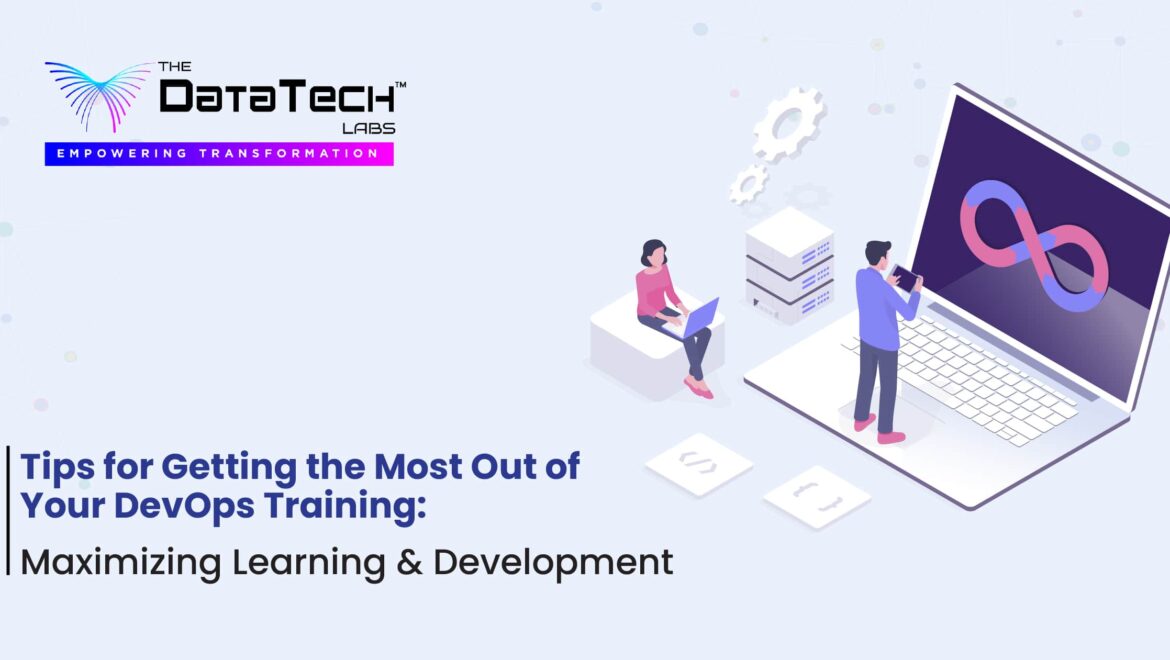Introduction
DevOps Training has become a crucial component for professionals aiming to excel in the fast-paced world of software development. By understanding the core principles and leveraging the right techniques, individuals and organizations can reap significant benefits. This article provides comprehensive tips and strategies to maximize your learning and development in DevOps.
Overview of DevOps
DevOps, short for Development and Operations, refers to a set of practices that combine software development (Dev) and IT operations (Ops). The goal is to shorten the system development life cycle and provide continuous delivery with high software quality. The core principles of DevOps include automation, continuous integration, continuous delivery, and collaboration across teams.
Why DevOps Training Matters
Investing in DevOps training can lead to numerous benefits, such as enhanced efficiency, faster deployment times, and improved product quality. For individuals, it opens up vast career opportunities and pathways to growth. For organizations, it means staying competitive in a rapidly evolving market.
Preparing for DevOps Training
Assessing Your Current Skill Level
Before embarking on your DevOps training journey, it is essential to evaluate your current skills. Identify your strengths and areas where improvement is needed. Setting realistic goals based on this assessment will help you stay focused and motivated.
Choosing the Right DevOps Training Program
There are various DevOps training programs available, ranging from online courses to in-person boot camps. Consider factors such as course content, instructor expertise, peer reviews, and your learning style when selecting a program.
Setting Up Your Learning Environment
A conducive learning environment is vital for success. Equip yourself with essential tools such as a reliable computer, a good internet connection, and access to necessary software. Create a study space that is free from distractions to enhance your focus.
Engaging with Training Content
Active Learning Techniques
Active learning involves engaging with the material through activities like taking notes, asking questions, and participating in discussions. This approach enhances understanding and retention.
Utilizing Hands-On Labs and Exercises
Practical experience is critical in DevOps training. Make the most of hands-on labs and exercises provided in your course. These sessions simulate real-world scenarios, helping you apply theoretical knowledge effectively.
Leveraging Online Communities and Forums
Join online DevOps communities and forums. These platforms are invaluable for networking, knowledge sharing, and getting support from peers and experts.
Maximizing Learning Retention
Implementing Spaced Repetition
Spaced repetition is a powerful technique for improving memory retention. Use tools like flashcards and spaced repetition software to review material at increasing intervals.
Practicing Continuous Learning
The field of DevOps is dynamic, with new tools and practices emerging regularly. Adopt a mindset of continuous learning to stay updated and relevant.
Seeking Feedback and Mentorship
Constructive feedback is crucial for growth. Seek feedback from instructors and peers, and consider finding a mentor who can provide guidance and support.
Applying DevOps Skills in Real-World Scenarios
Working on Real Projects
Hands-on experience with real projects is invaluable. Look for opportunities such as internships, freelance work, or contributing to open-source projects.
Collaborating with Cross-Functional Teams
DevOps emphasizes collaboration between development and operations teams. Learn to communicate effectively and work harmoniously with diverse team members.
Using DevOps Tools and Technologies
Familiarize yourself with essential DevOps tools like Jenkins, Docker, Kubernetes, and others. Practice integrating and using these tools to streamline workflows.
Overcoming Challenges in DevOps Training
Dealing with Common Learning Obstacles
Time management, technical difficulties, and balancing responsibilities can be challenging. Develop strategies to overcome these obstacles, such as creating a study schedule and seeking help when needed.
Staying Motivated Throughout the Training
Maintain motivation by setting milestones and celebrating achievements. Regularly remind yourself of your goals and the benefits of completing your training.
Advancing Your DevOps Career
Building a Strong DevOps Portfolio
A strong portfolio showcases your skills and projects. Include detailed descriptions of your work, the tools used, and the outcomes achieved.
Networking and Professional Development
Attend DevOps conferences, meetups, and join professional organizations. Networking can lead to job opportunities and professional growth.
Exploring Advanced DevOps Roles
DevOps offers various advanced roles such as DevOps Engineer, Site Reliability Engineer (SRE), and Cloud Architect. Research the skills and qualifications required for these positions and plan your career path accordingly.
Conclusion
Recap of Key Points
To get the most out of your DevOps training, focus on understanding core principles, engage actively with training content, practice continuous learning, and apply your skills in real-world scenarios.
FAQ's
Typically, a background in IT, software development, or system administration is beneficial. Familiarity with programming languages and understanding of basic concepts in these areas can help you grasp DevOps principles more effectively.
The duration varies depending on the training program and individual learning pace. On average, comprehensive DevOps training can take from a few weeks to several months.
Yes, there are numerous free resources available, including online courses, tutorials, webinars, and community forums. Websites like Coursera, Udemy, and GitHub offer valuable content.
Certifications such as AWS Certified DevOps Engineer, Docker Certified Associate, and Kubernetes Certification are highly regarded in the industry and can enhance your job prospects.
Regularly follow industry blogs, subscribe to DevOps newsletters, participate in webinars, and join professional communities to stay informed about the latest developments.




